Why as a medical student did I have one afternoon on nutrition on a sunny day when I decided it was far more important to go and have some fun than to attend this session?
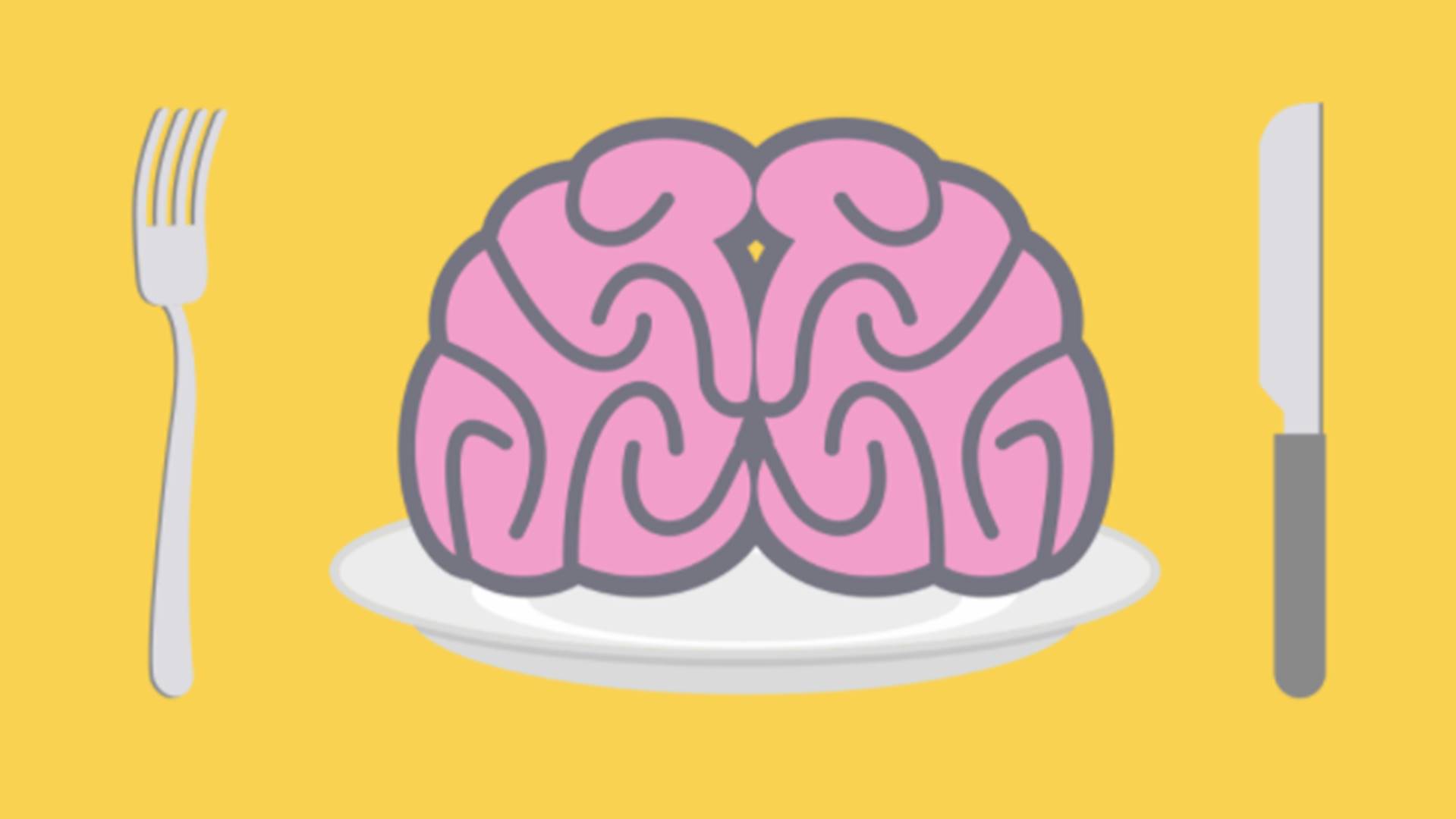
I regret it now. At the time nutrition was thought of so insignificant in our curriculum. Amazing really!
Why do we not think that what we eat ( or don’t eat ) would not have a major impact on the way we feel, think and act? Our brains take care of our thoughts, actions, moods, and movements.
It regulates how we breathe and our heart’s beat. It allows us to understand. and integrate different information coming through our different senses and plan our everyday lives. It does so much more than we thought while we lie asleep at night. We also know it plays a crucial role and has an impact on conditions like ADHD and DCD (Developmental Coordination Disorder, also known as Dyspraxia).
This means your brain requires a constant supply of fuel which has to come from the foods we eat. The quality of what we put into our mouths has an impact on our brain functioning.
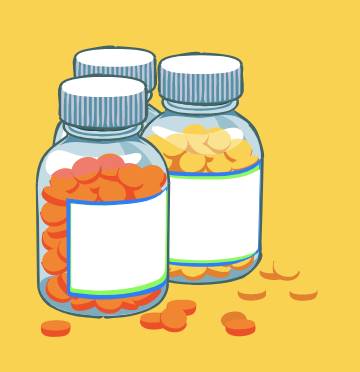
So why do we not focus more on our nutritional wellbeing when we have known for so long that specific diseases are linked to poor dietary intake. Scurvy was described as early as the time of ancient Egypt. It was a limiting factor in long-distance sea travel, often killing large numbers of people.
This is directly associated with Vitamin C deficiency. Folate and its role in human biochemical functioning were first identified by researcher Lucy Wills in 1931. She found that the nutrient was needed to prevent anemia during pregnancy. Dr. Wills demonstrated that anemia could be reversed with brewer’s yeast.
Covid-19 has focused a light on the importance of low Vitamin D levels in UK populations (especially during our dark winters). Around 20% of adults and 8 to 24% of children may have low vitamin D status.

We also know that around 1 in 3 people have neurodivergent traits in prison. Many have come from families from lower socioeconomic status (SES) with potentially poorer quality diets.
Bernard Gesch undertook an amazing double-blind placebo study in a UK prison with 18-21-year-olds with staggering results. The result was that those who received the extra nutrients committed significantly (26.3%) fewer offenses compared with placebos. Those consuming real supplements for at least 2 weeks committed 37% fewer (highly statistically significant) of the most serious offenses, such as violence. These findings have also been replicated by the Dutch Ministry of Justice; their double-blind study reported a 48% difference between groups. Not to be sniffed at!
Neurodiversity and Resilience – ‘catch-up’ …. ‘bounce-back…what does this mean for some?
As the song goes...Let’s start at the very beginning!
Research over recent decades shows clearly that parents’ nutrition and health are important factors in establishing risks for later diseases such as heart disease, stroke, cancer, diabetes, and chronic lung disease. A poor diet in utero and in the first few years of life can have a long-term impact on a developing brain. We are also starting to understand more and more about the link between our gut and our brains. I remember an internationally respected expert and friend, Professor Michael Kamm telling me about our gut microbiome more than 10 years ago (Gut microbiome) (What is our microbiome?)
Early life circumstances really matter. For example, a child born full term in the most deprived areas has a similar likelihood of having a speech and language problem as an extremely premature baby in the most affluent areas.
You can’t learn if you are hungry or have a low-quality, highly processed beige diet.
Jamie Oliver has tried to improve the quality of meals in school. Marcus Rashford’s plea for free school meals and better nutritional standards at this time is not one we can ignore. (He is now developing a series of films and fact sheets too.)
Entrepreneurship, and neurodiversity – the SME partnership for 2021
Appropriate nutrition is essential for:
- The growth and development of brains and bodies
- Building, maintaining, fuelling, and repairing every cell in every part of the brain and body
At least 39 essential nutrients must be provided by our food which includes vitamins and minerals, essential amino acids, and omega 3 and omega 6 fatty acids. Many of these are lacking from modern diets.
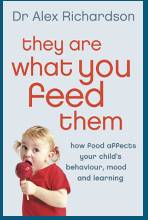
Dr. Alex Richardson, from Oxford University, wrote about the importance of this in her book ‘They are what you feed them”. It’s worth reading the research from her lab.
I have been interested in the link between neurodiversity and nutrition for a long while and undertook a school study more than 10 years ago looking at the nutritional status and the impact that a diet with lower fatty acids had on learning in primary school children in South Wales. Mats et al also showed some impact of nutritional supplementation in 2017 on reading skills.
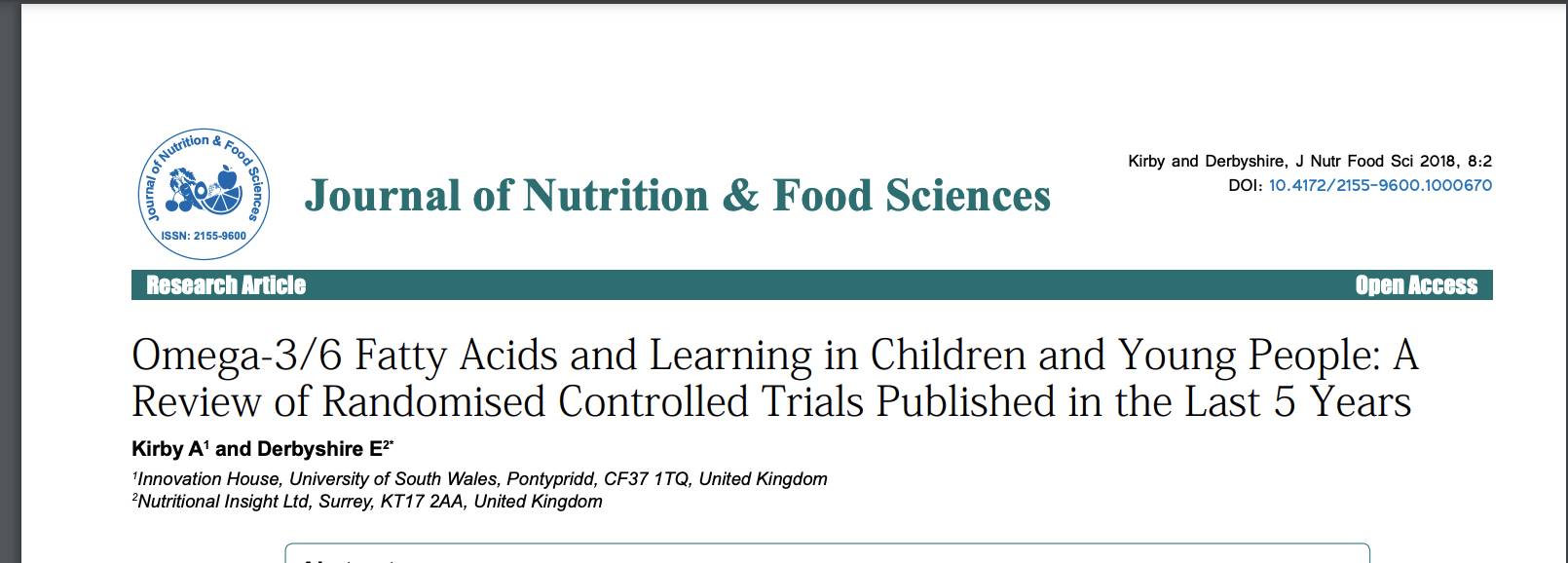
I also reviewed the literature again in 2018 with Emma Derbyshire.
I first became very interested in nutrition when a colleague and dear friend Professor Bonnie Kaplan told me about a story in the 1990s about the use of micronutrients for someone with bipolar disorder with dramatic effects. If someone else had told me this, other than her, I would have been very skeptical as a scientist and researcher. But I valued her opinion highly.
During the next 20+ years, she published papers with her eminent colleague Dr. Julia Rucklidge about why micronutrients could make a real difference to brain behaviors such as conditions including ADHD, anxiety, depression, and bipolar disorder. Dr. Julia Rucklidge produced a TED talk about the use of nutrients and the impact on people https://youtu.be/3dqXHHCc5lA with more than a million views.
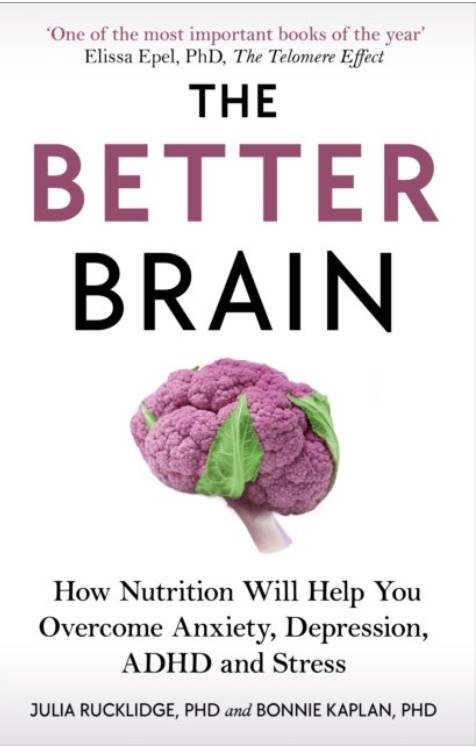
Julia and Bonnie have recently published a fascinating book called ” The Better Brain” which includes the evidence and basis for considering nutrition in relation to mental health and wellbeing. In addition, it has practical ways of eating well too. I think it is worth everyone reading it!
We consider the nutrient balance in animal feed is very important. Why do we also tend our gardens, and ensure they are fed and watered correctly when we don’t do the same for our children?
I am the CEO of Do-IT Solutions and a doctor and Professor in the field of neurodiversity.
(Do-IT Solutions is a tech for good company) providing tools, training, and consultancy to aid wellbeing and better understand each person’s spiky neurodivergent profile. (www.doitprofiler.com)
I am also a parent and grandparent of a very neurodivergent family and I want to make sure that their nutrition is optimal. I am also passionate that it makes sense to consider this in schools, exclusion units, and our justice systems and we put this at the top of the agenda.
Napomena o autorskim pravima: Dozvoljeno preuzimanje sadržaja isključivo uz navođenje linka prema stranici našeg portala sa koje je sadržaj preuzet. Stavovi izraženi u ovom tekstu autorovi su i ne odražavaju nužno uredničku politiku The Balkantimes Press.
Copyright Notice: It is allowed to download the content only by providing a link to the page of our portal from which the content was downloaded. The views expressed in this text are those of the authors and do not necessarily reflect the editorial policies of The Balkantimes Press.
